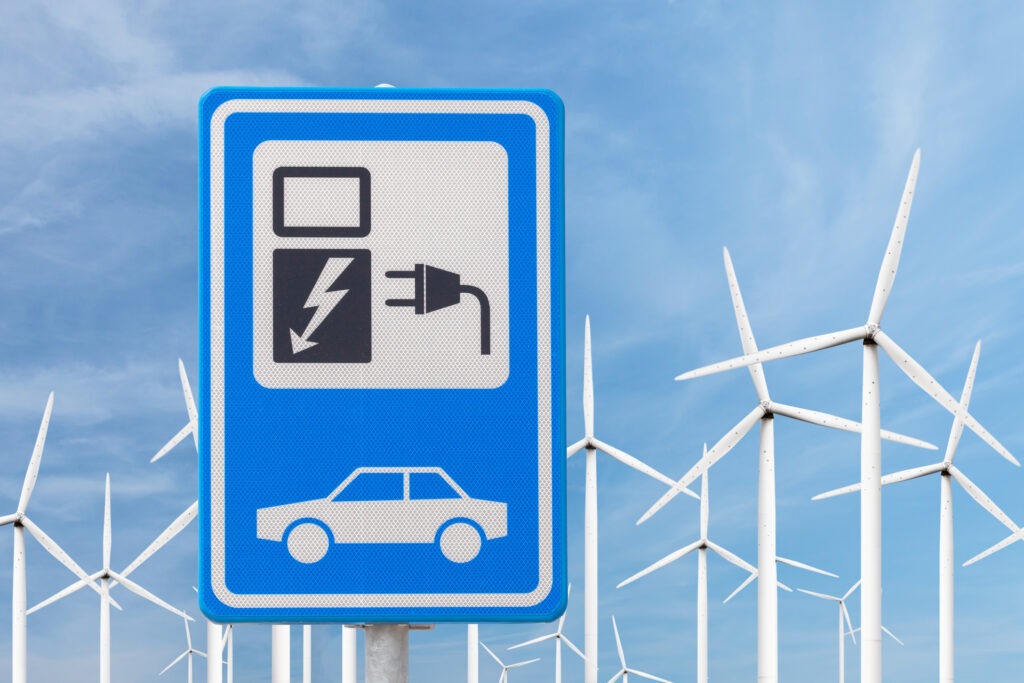Continued new-car market growth does not mean Germany is out of the woods
09 August 2023

With 243,277 registrations, the German new-car market saw year-on-year growth of 18.1% in July. This pushes the year-to-date tally towards 1.6 million units, equating to a 14% increase on the same period in 2022.
Electric vehicles (EVs), made up of battery-electric vehicles (BEVs) and plugin-in hybrids (PHEVs), stood out with 63,060 registrations, up 20% year on year. This meant plug-in vehicles accounted for roughly a quarter of the German new-car market during July.
In particular, all-electric models did see a more dynamic performance than the rest of the new-car market. Registrations were up 69% against July 2022 with some 48,680 units. Meanwhile, PHEV registrations fell by 40% to 14,345 units delivered.
Not out of the woods
These latest figures from the Kraftfahrt-Bundesamt (KBA) confirm the country’s new-car market is enjoying its ongoing recovery. However, this positive trend does not mean Germany is out of the woods quite yet.
Firstly, year-on-year growth is set against a poorly performing 2022, which exaggerates any current market positivity. The country’s new-car market is still down 25% when compared with the first seven months of pre-COVID 2019.
Secondly, German carmakers and their suppliers are reporting slower order intakes. According to the ifo Business Survey, companies are very cautious in their assessment of order backlogs. The survey revealed the carmakers’ indicator dropped from 56.5 points in June to 19.5 last month, the lowest level since January 2021. With continued uncertainty in global markets, expectations remain low.
‘It is not all that surprising to see a decline in the assessment of the order situation since the industry began 2023 with an order backlog that is now being reduced thanks to improved supply chains,’ said Anita Wölfl, a specialist at the ifo Centre for Industrial Organisation and New Technologies.
The VDA found that domestic orders declined among German manufacturers last month, down 5% year on year, while those coming from abroad were down 6%. The first half of 2023 saw domestic orders fall 25% compared with the same period in 2022, while those from outside Germany shrank by 5%.
Reluctance to buy
Supply chain disruptions in recent years led to long order delays. These backlogs are now clearing, allowing new-car markets to enjoy positive registration figures. However, a more curtailed performance can be expected in the not-too-distant future if orders fall alongside shrinking consumer demand and weak economic conditions.
The Federal Statistical Office (Destatis) expects an inflation rate of 6.2% in July, accompanied by a 5.7% increase in energy prices. However, the latter looks to be partially the result of lower energy costs in July 2022. Higher costs of living will force consumers to consider purchases, especially of larger ticket items such as a new car.
‘The situation in the automotive trade is extremely tense. People's reluctance to buy is partly due to the significant price increases for new vehicles, particularly in the compact car segment. We have to make sure that automobility remains affordable for people in our country,’ said ZDK vice president Thomas Peckruhn, spokesman for the brand trade in Germany.
No production pause
July saw roughly 300,000 cars produced in Germany, a 20% year-on-year increase. Roughly 2.5 million cars rolled off production lines in the year to date, up 31% on January to July 2022. However, as with registrations, this number is still well below the pre-COVID-19 levels. Compared with the first seven months of 2019, the year-to-date total was down 11%.
The VDA broke down more detailed data collected over the first half of the year. EV production appears to have grown particularly well, with roughly 672,900 units manufactured in Germany, up 93% on 2022. Once again, BEVs pushed this number forward. Some 523,900 all-electric cars were built, up 142% year on year. PHEV production was up 13% with roughly 149,000 units.
Germany made the second-largest amount of electric cars in the world in the first half of 2023, overtaking the US. This makes Germany Europe’s EV production hub. The new challenge for carmakers is to navigate a potential landscape of accelerating supply and slowing demand.



